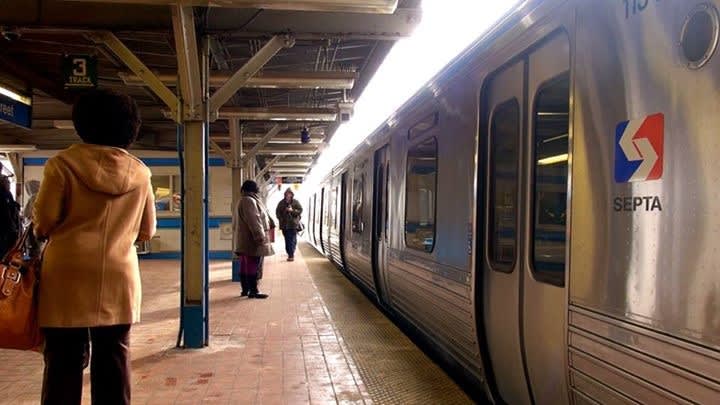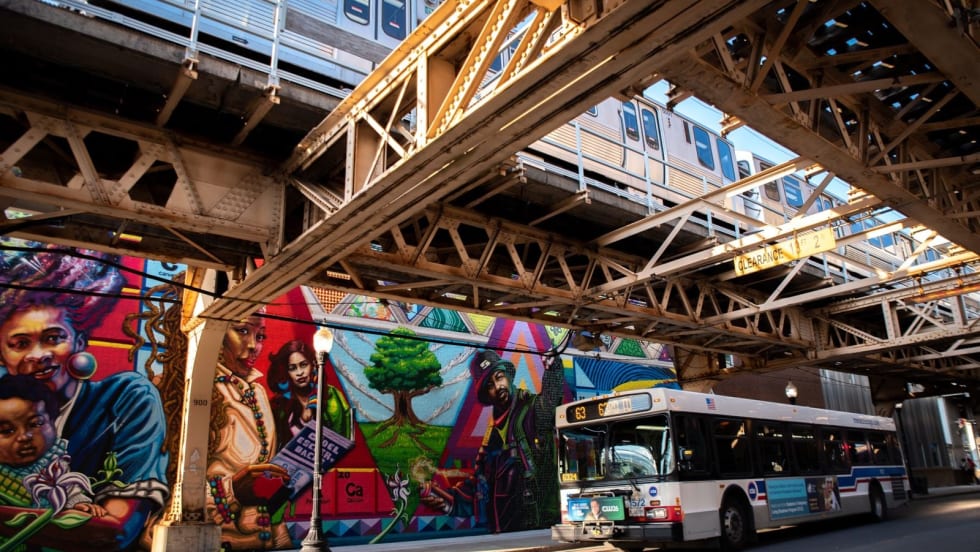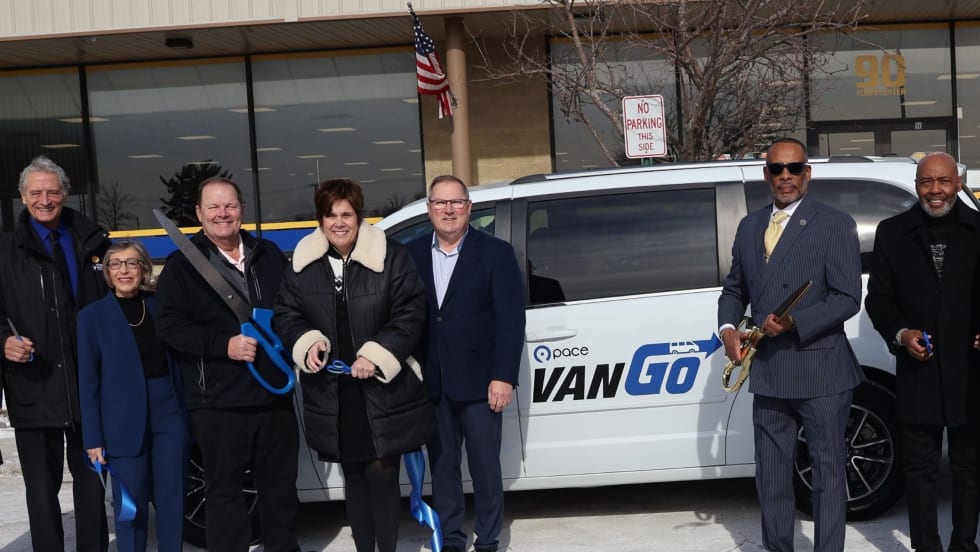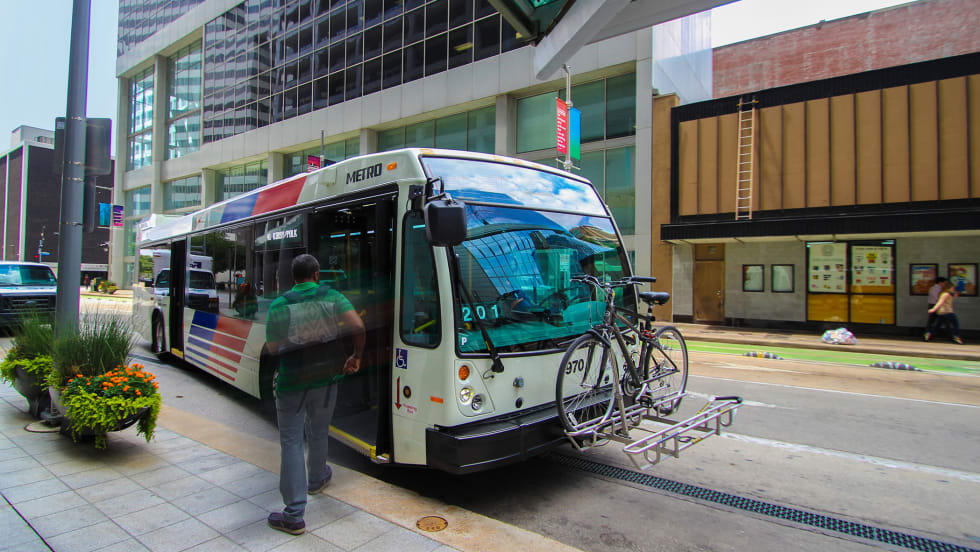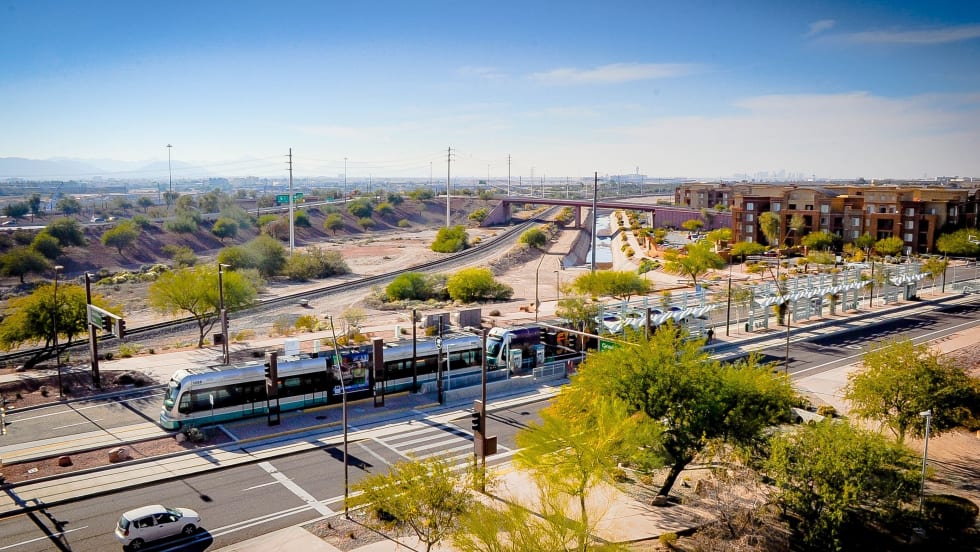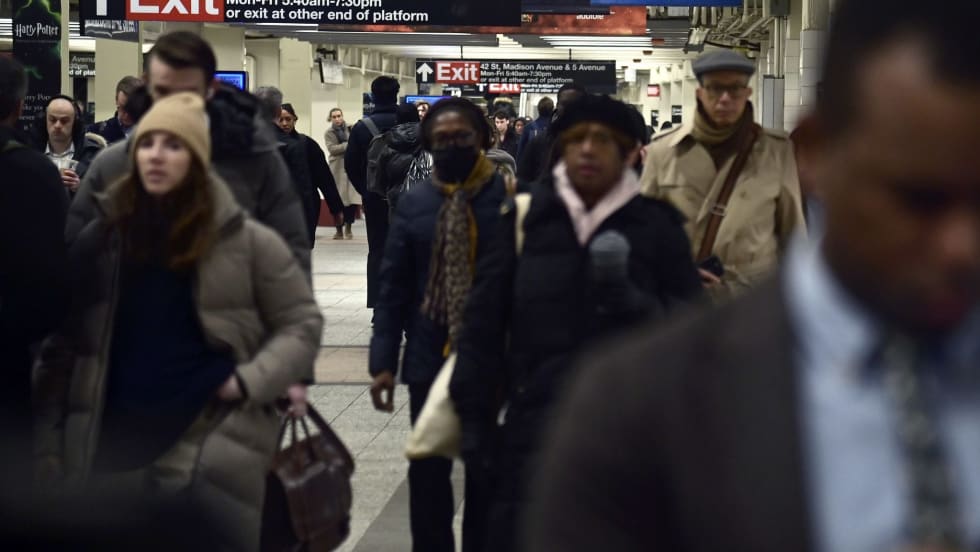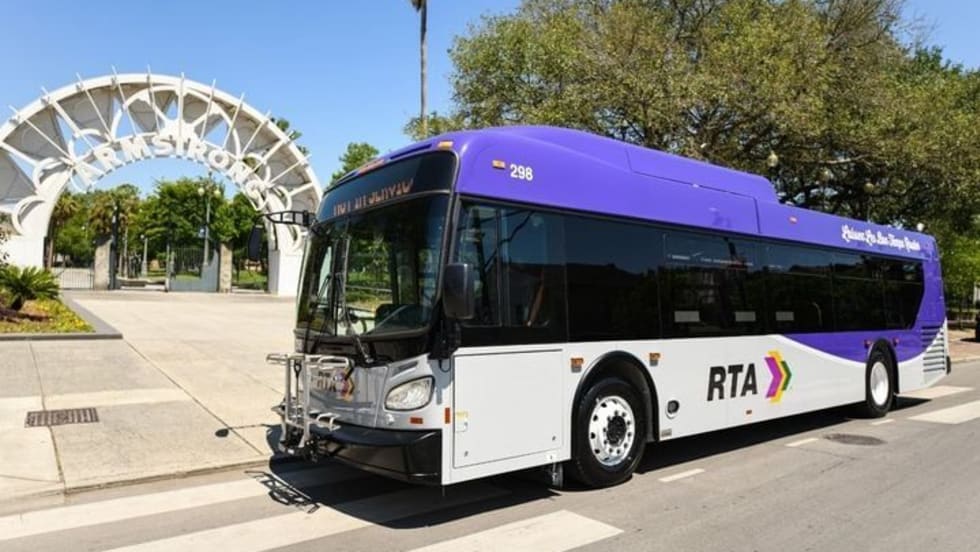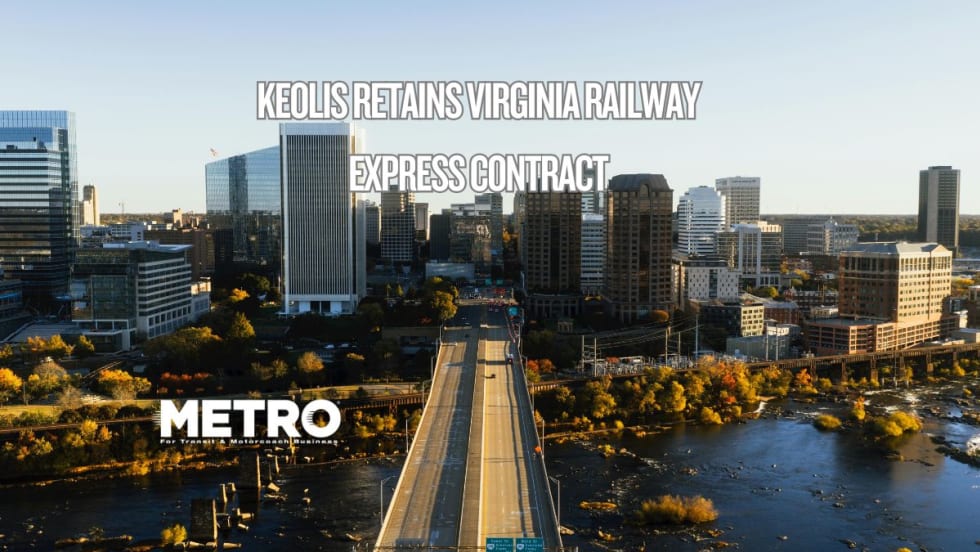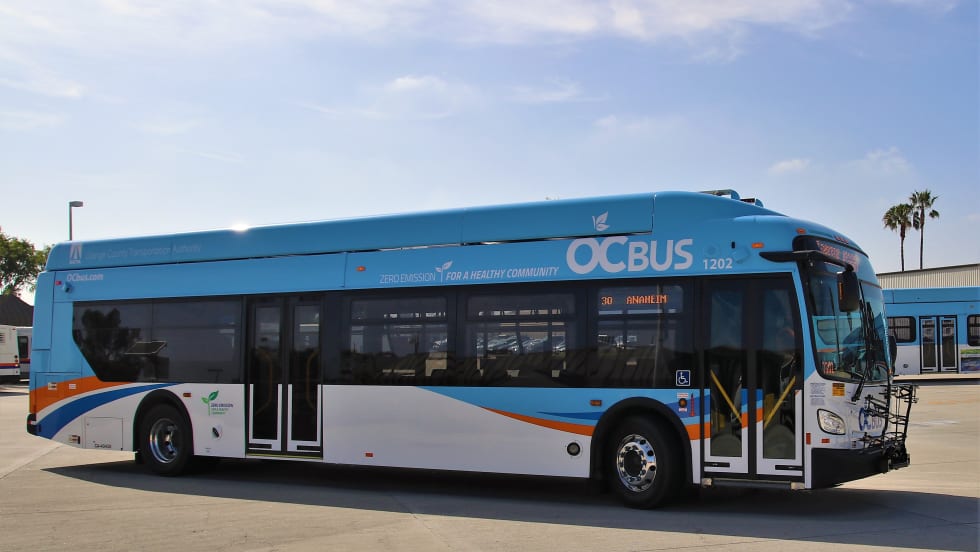SEPTA is proposing a total budget of $2.6 billion for Fiscal Year 2025 — a $1.74 billion Operating Budget and $922.8 million Capital Budget.
For the first time, the authority’s Operating and Capital Budget Proposals are being presented as an integrated document on a modern web platform, which is ADA compliant to ensure that people with visual or hearing impairments can navigate SEPTA’s budget data.
Infusion in SEPTA’s Budget
Gov. Josh Shapiro’s proposed $283 million annual statewide operating investment in public transportation, including $161 million for SEPTA, would be Pennsylvania’s largest transit funding increase in more than a decade.
SEPTA’s budget assumes the state funding plan passes the General Assembly as proposed, and with a historic increase of $24 million in local match tied to it, SEPTA would avoid devastating service cuts and fare increases that would cripple mobility across southeastern Pennsylvania.
“With the additional funding in place, SEPTA is poised to make historic investments,” said SEPTA CEO/GM Leslie S. Richards. “These investments will propel SEPTA forward and help continue to grow ridership, with more than 700,000 daily customers representing 70% of pre-COVID ridership levels — and climbing.”
SEPTA’s Budget Proposal
The $1.74 billion Operating Budget Proposal includes a doubling in funding for safe, clean, and secure initiatives since Fiscal Year 2022 — a total of $72 million that includes funding for 40 more police officers, 30 more safety professionals, and 100 more cleaners.
The proposal also features the ongoing expansion of SEPTA Key Advantage, which now has 50 partners and 91,000 participants, as well as SEPTA’s Efficiency and Accountability Program, which has already recognized $50.2 million in annual recurring benefits.
The $922.8 million Capital Budget Proposal is part of an all-time high $14 billion 12-year Capital Program, enabling the largest-ever investments in improved safety, cleanliness, and security — supported by the Infrastructure Investment & Jobs Act (IIJA). The proposal includes new full-length fare gates to reduce fare evasion and new cleaning equipment to support the expanded cleaning staff.
By the end of the 12-year program, all Broad Street Line, Market-Frankford Line, and Trolley trips will be through an accessible station — compared to 61% today.
SEPTA continues to operate one of the oldest rail fleets in the country, and for the first time, this budget funds at least a partial replacement of each aging fleet. The Broad Street Line, Market-Frankford Line, and Trolley fleet replacements are all fully funded, while the Regional Railcar fleet replacement is partially funded.
The investments are bolstered by historic success in competitive grant programs, including a recent $317 million grant from the Federal Transit Administration to replace the Market-Frankford Line fleet, which is more than three times larger than any competitive grant that SEPTA has ever received.
Since November 2021, SEPTA has secured $524.3 million of the $957 million in IIJA discretionary funding awarded to the region.
“Despite higher-than-ever funding levels, SEPTA remains significantly below peer regions in annual transit capital investment,” said Richards. “Southeastern Pennsylvania is leaving money on the table. Additional local funding is needed as a match on the highly competitive federal grant opportunities that are available through the IIJA.”




